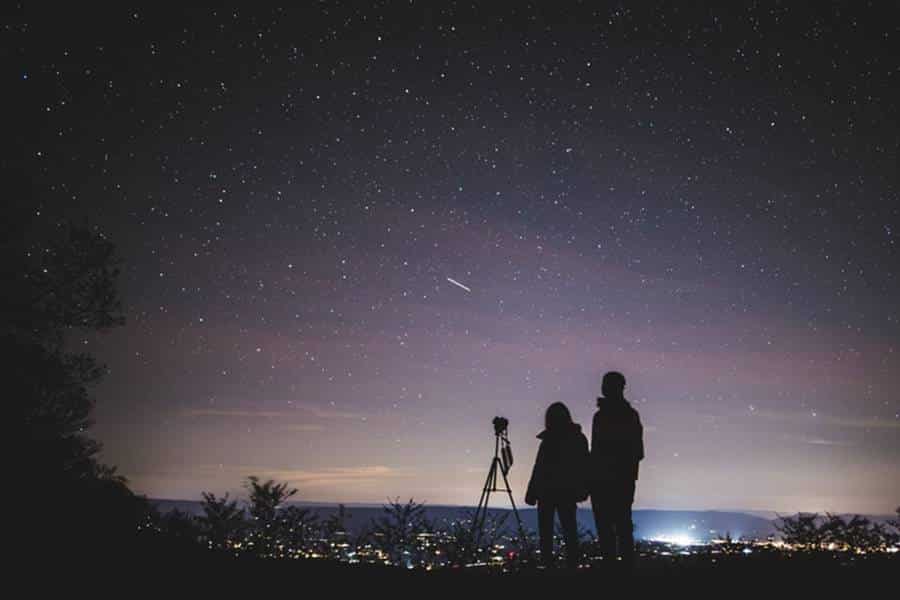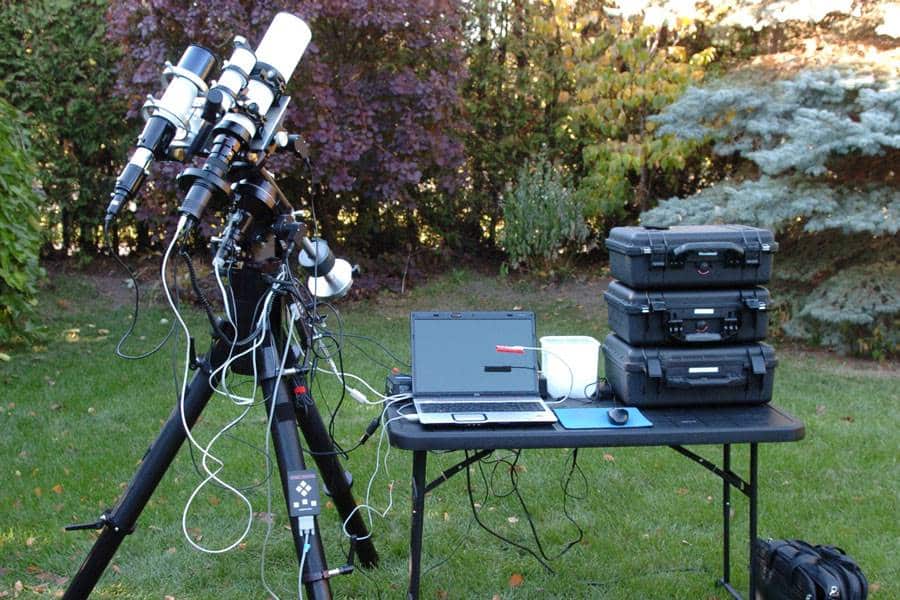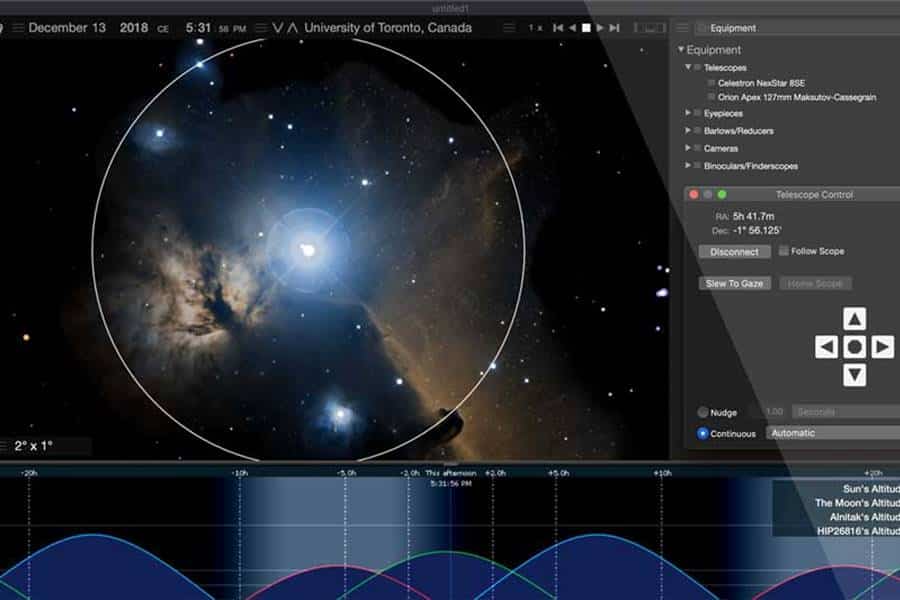Astrophotography takes us on a captivating journey through the vastness of the night sky, capturing the beauty and wonder of celestial objects. When it comes to photographing stars, galaxies, and other cosmic wonders, prime lenses are invaluable tools for astrophotographers.
In this article, we will delve into the world of prime lenses, exploring some of the best options available and explaining their features in simple terms.
1. Rokinon 24mm f/1.4 ED AS IF UMC
The Rokinon 24mm f/1.4 ED AS IF UMC lens is a popular choice for astrophotography. With its wide maximum aperture of f/1.4, it excels in low-light conditions, allowing for shorter exposure times and reducing the risk of star trails.
This lens offers excellent image quality, sharpness, and minimal distortion. Its 24mm focal length provides a wide field of view, enabling you to capture expansive nightscapes and include prominent features of the night sky, such as the Milky Way.
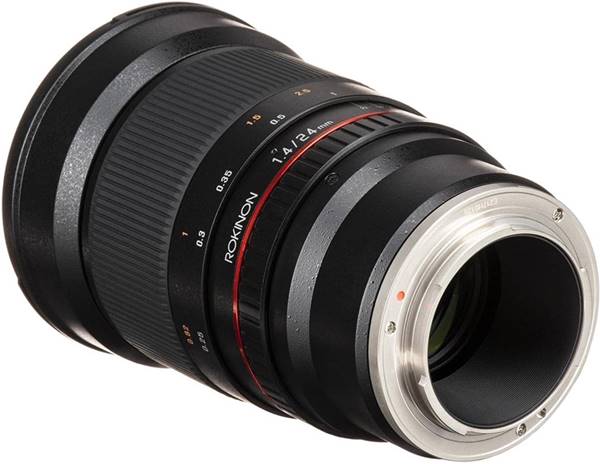
2. Samyang 14mm f/2.8 ED AS IF UMC
The Samyang 14mm f/2.8 ED AS IF UMC lens is a wide-angle prime lens designed for astrophotography. With its ultra-wide focal length of 14mm, it allows for capturing expansive nightscapes and the celestial wonders above.
The f/2.8 maximum aperture enables excellent light gathering, resulting in brighter and more detailed images.
This lens offers remarkable image sharpness, minimal distortion, and good control over chromatic aberrations, making it a great choice for capturing stunning wide-angle shots of the night sky.
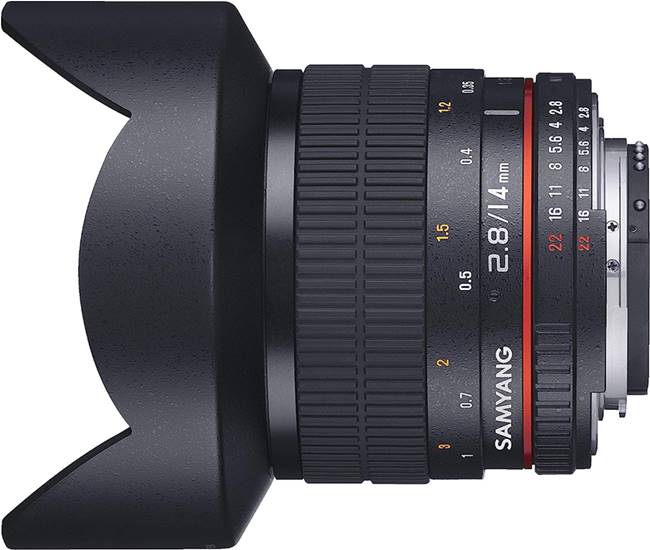
3. Sigma 35mm f/1.4 DG HSM Art
The Sigma 35mm f/1.4 DG HSM Art lens is a versatile prime lens suitable for various photography genres, including astrophotography. Its 35mm focal length provides a natural field of view, making it ideal for capturing nightscapes and celestial objects with a moderate perspective.
With its wide maximum aperture of f/1.4, it excels in low-light conditions, allowing for shorter exposure times and capturing finer details in the night sky.
This lens delivers excellent image quality, sharpness, and beautiful bokeh, enhancing the aesthetic appeal of your astrophotography.
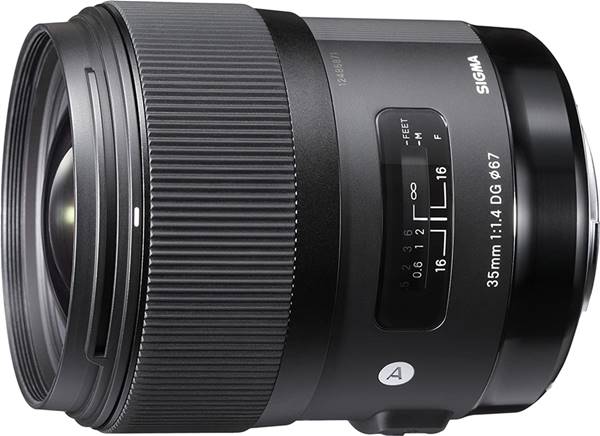
4. Canon EF 50mm f/1.8 STM
The Canon EF 50mm f/1.8 STM lens, often referred to as the “nifty fifty,” is a highly affordable prime lens that performs admirably in astrophotography. Its 50mm focal length offers a versatile field of view, allowing you to capture a range of nightscapes and celestial objects.
The wide maximum aperture of f/1.8 enables excellent low-light performance, making it a great option for capturing stars, the Milky Way, and other celestial phenomena.
This lens is lightweight, compact, and known for its sharpness and value for money.
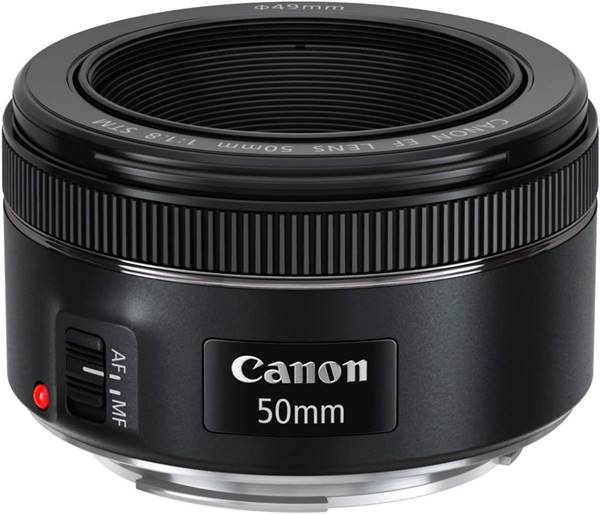
5. Nikon AF-S NIKKOR 85mm f/1.8G
The Nikon AF-S NIKKOR 85mm f/1.8G lens is a portrait prime lens that can also excel in astrophotography. With its 85mm focal length, it offers a moderate telephoto perspective, allowing for detailed shots of the moon, planets, and other celestial objects.
The wide maximum aperture of f/1.8 provides excellent low-light capabilities, allowing for shorter exposures and capturing fine details in the night sky.
This lens delivers outstanding image quality, sharpness, and pleasing background blur, making it a versatile choice for astrophotography enthusiasts.
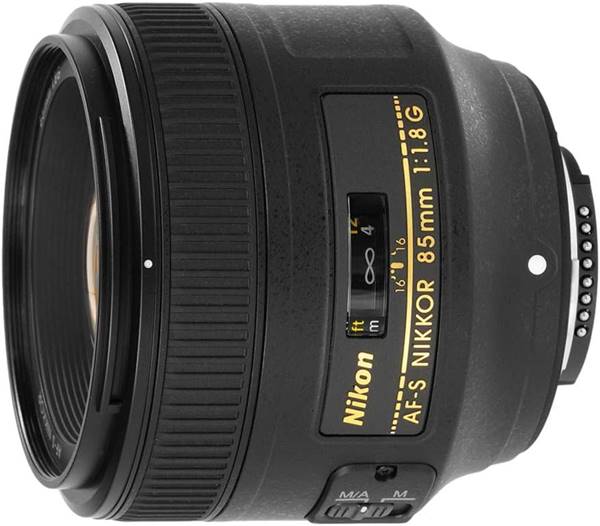
Conclusion
Prime lenses are excellent choices for astrophotography, offering exceptional image quality, wide apertures, and a variety of focal lengths. The Rokinon 24mm f/1.4 ED AS IF UMC, Samyang 14mm f/2.8 ED AS IF UMC, Sigma 35mm f/1.4 DG HSM Art, Canon EF 50mm f/1.8 STM, and Nikon AF-S NIKKOR 85mm f/1.8G are among the best prime lenses available.
Each lens offers unique focal lengths and maximum apertures, allowing astrophotographers to capture stunning images of the night sky, from expansive landscapes to intricate details of celestial objects.
Choose a lens that suits your creative vision and embark on a celestial journey to unveil the wonders of the universe.
